Bristol's Pilot City Activity: Net Zero Investment Co-Innovation Lab

Description of activities
Bristol’s Climate Strategy identifies the need for innovative finance mechanisms as a systemic requirement for the decarbonisation of the city.
The Bristol Net Zero Investment Co-innovation Lab is to create a series of financial mechanisms to accelerate decarbonisation of the city, facilitating investment and supporting zero carbon business growth. It will develop financial mechanisms that can become self-sustaining and mutually supportive, enabling a fast and fair transition to net zero.
The Net Zero Investment Co-Innovation Lab will be established to co-create the governance structure, the mission and vision and to make sense of these complex challenges by researching, testing, piloting, delivering and evaluating 3-6 financial mechanisms of which 3 are foreseen as listed below and up to 3 more will be identified during the project implementation:
- A Citizen Community Climate Investment Scheme enabling citizens, business and communities to invest in their projects to reduce emissions and to generate a return.
- A Net Zero Venture Fund to enable outcome driven finance, environmental, social and governance (ESG) funds and philanthropists to invest in transitional projects that unlock entangled problems and generate a return.
- A Carbon Multiplier Fund to invest funding from the new development where that development is unable to achieve its carbon targets on site, and to enable Bristol businesses to offset their emissions in a credible way.
As well as the specific mechanisms, the Lab will create a space of innovation and experimentation guided by three Advisory Groups on climate finance, community action and technical net zero solutions.
Objective
To create a Net Zero Investment Co-Innovation Lab to empower citizens, communities and local business to invest in and benefit from an accelerated just transition to net zero.
Are the pilot activities building upon or part of a previous and/or existing activity?
The activities build on the Bristol City Leap energy partnership which is a public private partnership planning to invest £1bn in net zero energy infrastructure and building retrofit.
Which emissions domains will the pilot activities address?
Systemic transformation – levers of change the pilot activities will exploit
Stakeholder types that the city would like to engage in the pilot activities
Transferable features of the pilot activities to a Twin City/ies
Whilst the mechanisms that will be designed will be based on UK legal and financial systems, the following will be readily transferable:
- the overall approach of place based investment,
- the laboratory model, governance/advisory arrangements,
- community participation
This answer is not exhaustive and simply an indicative one.
Components of the transferable features
A toolbox of tested alternative financial products that can be used by other European cities as part of a blended finance approach to achieve the necessary just transition.
This answer is not exhaustive and simply an indicative one.
What does the city want to learn from Twin City/ies?
Other cities’ experience in:
- creating innovative new financial products, including asset, venture, citizen community and offsetting funds,
- innovating in financial spaces that Bristol has yet to explore.
How to integrate the delivery of the ambitions of their citizen and community’s climate action plans with the challenge of how to finance and fund such.
This answer is not exhaustive and simply an indicative one.

